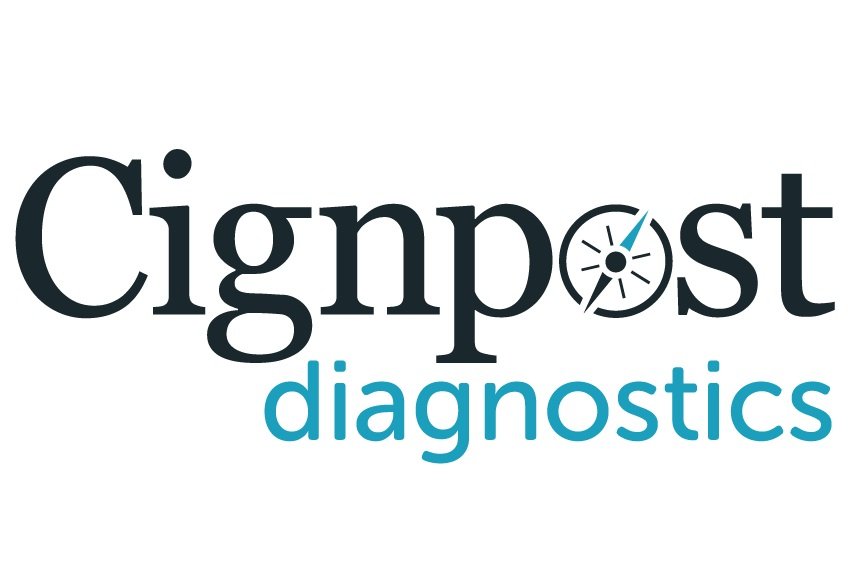New one-hour PCR tests with RNA STAR equipment
Since the start of the pandemic, Cignpost has worked with our partners to deliver 4.5 million COVID-19 tests, keeping people and businesses safe and secure and offering advanced surveillance and business continuity solutions based on speed, reliability and efficiency.
We are committed to industry-leading science and remaining at the forefront of diagnostic technology – led by our founding Scientist and world-renowned immunologist Denis Kinane.
We continually trial, test & update our processes to offer the most up-to-date technology, and we are now proud to offer RNA STAR, a new gold-standard PCR amplification method allowing us to provide your results in just 1 hour.
As more businesses return to in-person operations, there is a new demand from our clients, requiring us to test larger volumes of samples over a shorter period of time. RNA STAR uses an innovative nucleic acid amplification technique, utilising qSTAR technology, which reduces the amplification stage to just 15 minutes.
It does this by using three types of enzymes in comparison to the two used by conventional PCR tests. PCR tests work by amplifying viral cDNA, allowing for the detection of COVID-19 if present in the sample. The additional enzyme in RNA STAR is a DNA-nicking enzyme that ‘cuts’ newly created cDNA, causing more target DNA template to form when the polymerase is active.
This creates a duplex effect, creating twice the DNA in the same amount of time, which speeds up the detection time. The ability to rapidly increase the amount of cDNA is what makes RNA STAR faster than other technologies on the market.
Some of our clients have transitioned to immunofluorescent technologies, stating this provides higher throughput and quick results and can process over 240 samples an hour. We put this to the test and found that this claim relies on a lab operative being able to complete a test strip every 15 seconds. It also allows for no operational downtime, no time for quality control, and no time for a sample to be processed in a laboratory. Immunofluorescent technology also typically has sensitivity levels of around 97.75%, meaning it may not detect CT (Cycle Threshold) scores below 29 and thus miss positive samples.
In reality, immunofluorescent technology can typically process around 50 samples per hour, while RNA STAR can process 169 and has the ability to run 57 samples a time.
We found that it would take over 3x as long to process 169 samples using the market leader in immunofluorescent technology as it would to do the same number with RNA STAR.
RNA STAR outperforms immunofluorescent technology on key metrics and allows for greater operational efficiencies, as samples are not processed individually. This will save time as results are returned much faster than other technologies.
Additionally, and most importantly, most immunofluorescent technology is not CTDA-accredited, meaning this technology does not meet industry standards. The Laboratory and Testing Industry Organisation (LTIO) has confirmed that a number of immunofluorescent technologies are not legal for use in COVID-19 diagnostics testing in the UK and these are now subject to an active UKHSA investigation.
Through our internal and external processes (such as our accreditation body UKAS), we audit all the technologies and medical equipment used in our operations.
At Cignpost, the safety of our clients and customers is of the utmost importance and we won’t use technologies that are not accredited.
RNA STAR is approved for use in the UK and 33 countries across the European Economic Area (EEA) & Non-European Economic Area (EEA). We have obtained all necessary licenses to operate internationally and can dispatch one of our fleet of mobile laboratories to you quickly, should you require one.
Get in touch to find out more about how we can help implement a testing regime for your business.
